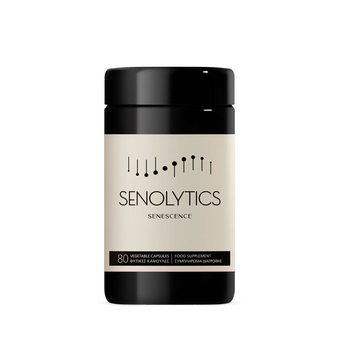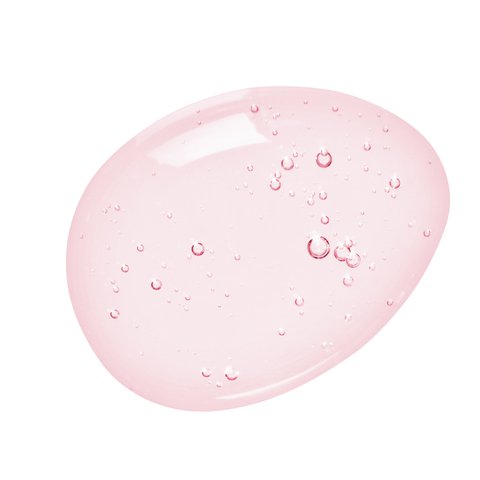Senolytics, the natural anti-aging molecules

Over time and age, the body accumulates "worn out," i.e., aged cells that do not work correctly. Aging cells lose their ability to divide and function normally by releasing pro-inflammatory molecules, even affecting healthy neighboring cells.
While the immune system can naturally remove these cells, it slowly loses effectiveness. The inflammatory environment created by senescent cells, in turn, leads to the senescence of more cells.
That creates a perpetual cycle where inflammation and aging feed off each other, contributing to tissue dysfunction and age-related conditions such as cardiovascular, autoimmune, and chronic liver diseases, diabetes, etc.
Senolytics are the key to reversing this process. Senolytics are a group of molecules that remove senescent cells by inducing apoptosis, a form of programmed cell death, in senescent cells.
Most senolytics come from a class of molecules called polyphenols, found in various fruits and vegetables. Studies have shown that even removing 1/3 of senescent cells slows down wear and tear and the onset of age-related diseases.
Cellular aging is a condition in which cells lose their ability to divide and function efficiently, often in response to the aging process itself, chronic inflammation, genetic factors, lack of exercise, unhealthy diet, and UV exposure.
While antioxidants neutralize free radicals to reduce cell damage, senolytics aim to eliminate senescent cells. Fisetin is a natural flavonoid, a plant compound with antioxidant properties, found in various fruits and vegetables, including onions, apples, and strawberries.
Fisetin works as a senolytic by selectively targeting and eliminating senescent cells that have stopped dividing. Senescent cells accumulate in tissues over time, secreting harmful inflammatory factors and enzymes that degrade tissue function.
Research shows that by removing these cells, fisetin helps reverse the above process, slowing down the aging process. Studies suggest that fisetin achieves this through apoptosis, a process of programmed cell death, in worn-out, senescent cells while not affecting healthy cells.
In animal studies, fisetin effectively prevents weight gain and adipose tissue accumulation in people on a high-fat diet. Quercetin belongs to a group of plant molecules known as flavonoids.
These cannot be synthesized in the human body but are produced in plants to combat environmental stressors. Flavonoids are known for their contribution to anti-aging and longevity due to their anti-allergic, senolytic, antiviral, and anti-inflammatory properties.
Resveratrol is a plant polyphenol that acts like quercetin as a natural defense mechanism against environmental stressors. As a powerful antioxidant, resveratrol works at the cellular level by boosting NAD+ and increasing the activity of the key NAD+ synthesizing enzyme.
Resveratrol acts as a barrier to harsh environments in plants. Scientific evidence suggests it works similarly in humans to protect the body's cells and support healthy aging.
Research and clinical data show that resveratrol supports bone health, cardiovascular health, blood glucose levels, healthy cognitive function, youthful skin, and oral health.
Resveratrol can penetrate cells and help rejuvenate mitochondria, helping to support healthy aging. Mitochondria create energy inside every cell in our body.
However, as we age, mitochondrial function slowly declines. This leads to the dysfunction of many body functions, and resveratrol helps reverse or slow down this process.
Resveratrol's benefits for healthy aging can partially be explained by its activating sirtuins, a family of enzymes that play a significant role in DNA repair.
Due to their synergistic effects, quercetin, fisetin, and resveratrol could more effectively promote cellular health and longevity than when taken separately.



